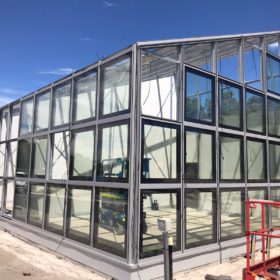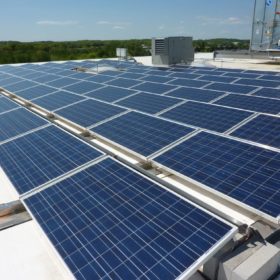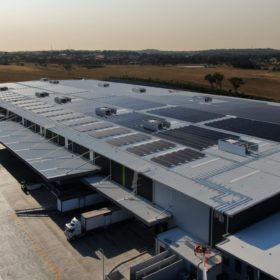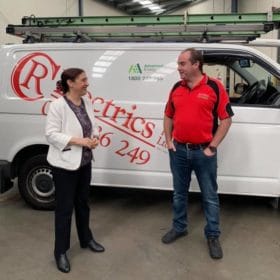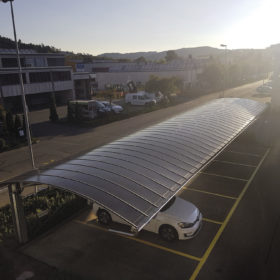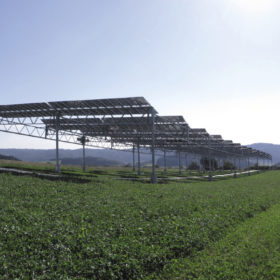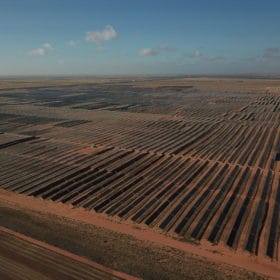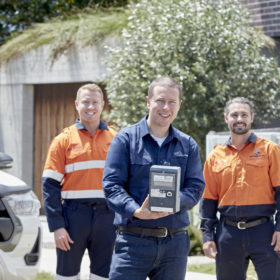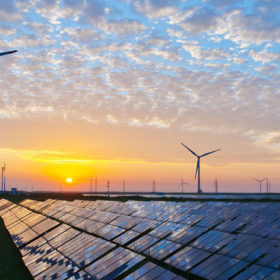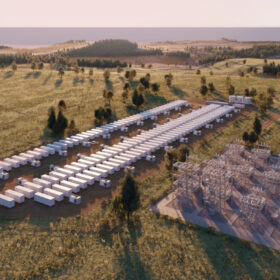ClearVue looks to mining sector for BIPV application
West Australian smart solar glass developer ClearVue continues to explore new applications for its building-integrated photovoltaic (BIPV) technology, offering up its solar glass windows to Murdoch University for a research project into near-zero energy transportable mining accommodation.
Hybrid operational strategy to use lithium-ion storage in commercial PV arrays
Lithium-ion batteries can not only improve self-consumption in commercial PV systems but are also able to efficiently perform peak shaving and price arbitrage, according to an international research group which has proposed a new strategy to calculate the best system configuration in terms of costs and revenue. The scientists specified, however, that the novel strategy may become effective only if storage system prices will drop under $250/kWh.
AGL acquires two PV businesses to become Australia’s largest commercial solar provider
AGL will acquire Epho and Solgen Energy Group – propelling the energy giant to the jarring position of being both Australia’s largest climate polluter and its largest commercial solar provider.
15,000 solar rebates for businesses in Victoria
Victoria’s new Solar For Business Program, announced yesterday, will halve the upfront cost of solar systems for 15,000 businesses over the coming three years, and is designed to help lift small enterprises out of pandemic-induced hard times.
The solar is over yardarm at Four Pillars gin distillery
Award-winning and globally recognised Four Pillars gin distillery, which produces its premium product in Healesville, Victoria, has utilised Sustainable Australia Fund low-interest financing to solar power its stills, save money, and take a load off the grid and the environment.
Sunday read: Unlocking lightweight, flex applications
Not all rooftops can bear the weight of glass PV modules. Some others have curves and shapes ill-suited to uniform, bulky panels. Flexible modules have long been advanced as the solution here, however the keys to unlocking this potential have proven elusive.
Saturday read: Solar’s flexibility can be agriculture’s gain
Both solar and the farming industry are beginning to see potential in the combined use of land for food production and energy generation. And as innovators begin to experiment with different forms, it’s becoming clear that in most cases it is solar that will have to bend to the needs of agriculture, and not the other way around, to ensure a positive outcome.
Mars switches to solar to help it work, rest and play
Mars Australia has signed a massive power purchase agreement with Victoria’s largest solar farm, Total Eren’s Kiamal Solar Farm, to offset 100% of its electricity with solar power. The confectioner has six factories and two offices in Australia which used over 850 GWh of energy in 2020, energy supplied by solar from now on.
One in a million, solar drives smart meters past the million milestone
Smart metering services provider Intellihub cracked the million meter mark this week as the smart meter market in Australia and New Zealand surges off the back of continuing solar uptake.
State-owned coal company seeks large-scale renewable projects to transition portfolio
The Queensland Government-owned energy company, Stanwell Corporation, has announced it is from today seeking expressions of interest from renewable energy projects to incorporate into its fossil-fuel heavy portfolio.
